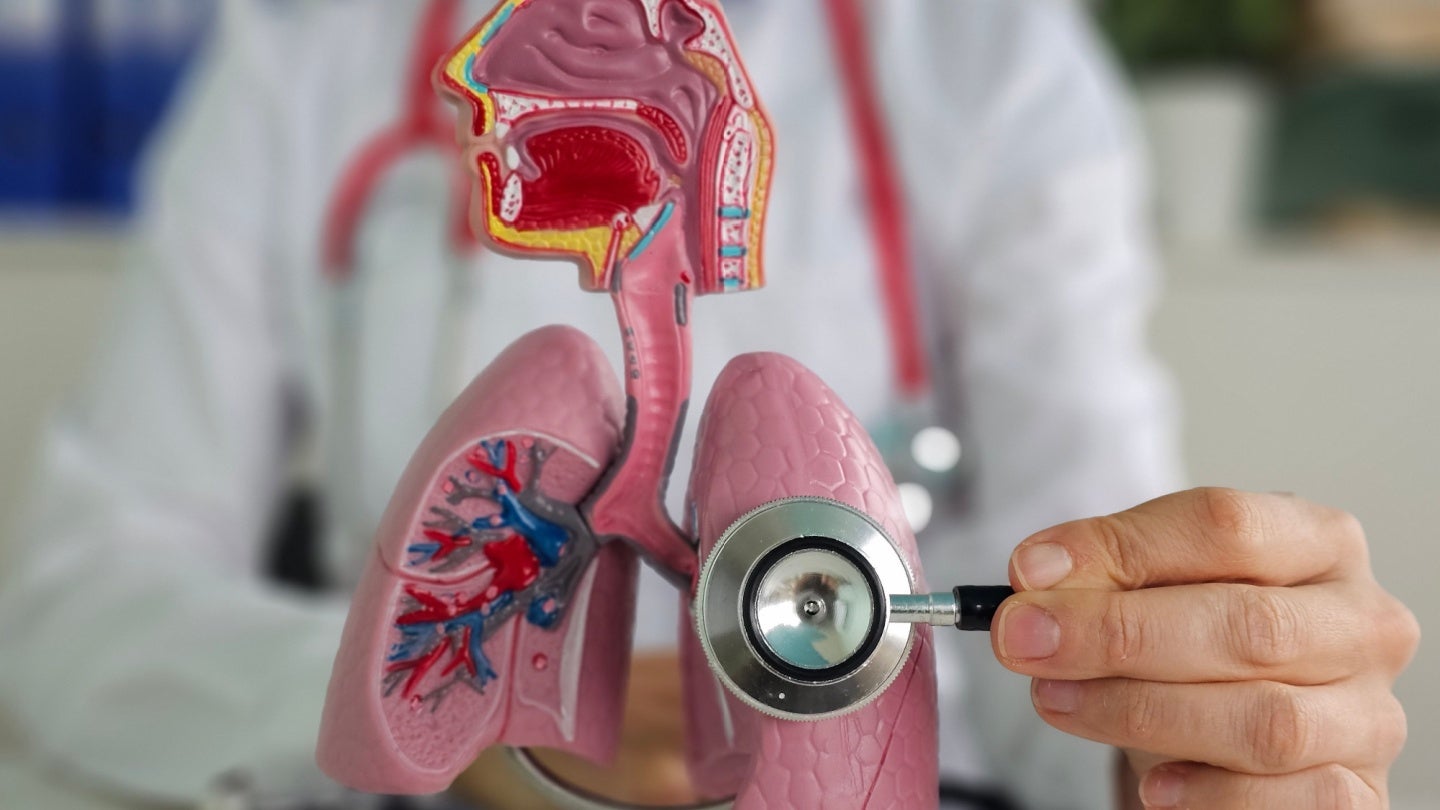Wellbeing-related factors linked with EU economic growth
A new study shows that certain factors related to wellbeing—including household income, internet access, and air pollution levels—are associated with economic growth in European Union countries, but the precise relationships differ between Western versus Central and Eastern European countries. Larissa Batrancea of Babes-Bolyai University, Romania, and colleagues present these findings in the open-access journal PLOS […]

A new study shows that certain factors related to wellbeing—including household income, internet access, and air pollution levels—are associated with economic growth in European Union countries, but the precise relationships differ between Western versus Central and Eastern European countries. Larissa Batrancea of Babes-Bolyai University, Romania, and colleagues present these findings in the open-access journal PLOS ONE on April 19, 2023.

Credit: sergio souza, Pexels, CC0 (https://creativecommons.org/publicdomain/zero/1.0/)
A new study shows that certain factors related to wellbeing—including household income, internet access, and air pollution levels—are associated with economic growth in European Union countries, but the precise relationships differ between Western versus Central and Eastern European countries. Larissa Batrancea of Babes-Bolyai University, Romania, and colleagues present these findings in the open-access journal PLOS ONE on April 19, 2023.
Prior research has identified certain factors associated with economic growth in the European Union (EU), including entrepreneurial culture and social capital. However, a deeper understanding of such factors could further inform policies to boost economic growth and reduce disparities between regions. In particular, certain EU policies follow the principle that economic growth and infrastructure related to people’s wellbeing are intertwined.
To improve understanding of links between economic growth and wellbeing, Batrancea and colleagues conducted a study of this relationship across the EU for the period of 2001 to 2020. Their analysis divided the EU into 151 Western European regions and 61 Central and Eastern European regions. For each region, they examined economic growth as indicated by GDP and a measure known as “gross value added,” and they investigated wellbeing-related factors including air pollution, housing, internet access, income, people’s mobility between regions, and engagement in education and training.
The analysis showed that, in Western Europe, the wellbeing-related factors most strongly linked to economic growth were disposable household income, inter-regional mobility, housing (average number of rooms per household member), and labor force and participation. In Central and Eastern Europe, economic growth was most strongly linked to housing, internet broadband access, and air pollution levels.
These findings could help inform region-specific efforts to boost economic growth. For instance, the authors suggest, Western European regions might benefit from incentives for companies to create more jobs in order to increase participation in the job market and boost income, while Central and Eastern European regions could focus on improving housing facilities, digitalizing the public and private sectors, and promoting e-commerce.
The authors add: “Considering that economic growth and wellbeing are intertwined from the perspective of EU policies, this study examines the relationship between wellbeing-related infrastructure and economic growth in 212 NUTS 2 regional subdivisions across the members of EU-28 during the period 2001‒2020.”
#####
In your coverage please use this URL to provide access to the freely available article in PLOS ONE: https://journals.plos.org/plosone/article?id=10.1371/journal.pone.0283277
Citation: Batrancea LM, Nichita A, Balcı MA, Akgüller Ö (2023) Empirical investigation on how wellbeing-related infrastructure shapes economic growth: Evidence from the European Union regions. PLoS ONE 18(4): e0283277. https://doi.org/10.1371/journal.pone.0283277
Author Countries: Romania, Turkey
Funding: The authors received no specific funding for this work.
Journal
PLoS ONE
DOI
10.1371/journal.pone.0283277
Method of Research
Observational study
Subject of Research
People
Article Title
Empirical investigation on how wellbeing-related infrastructure shapes economic growth: Evidence from the European Union regions
Article Publication Date
19-Apr-2023
COI Statement
The authors have declared that no competing interests exist.
What's Your Reaction?

































